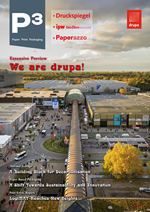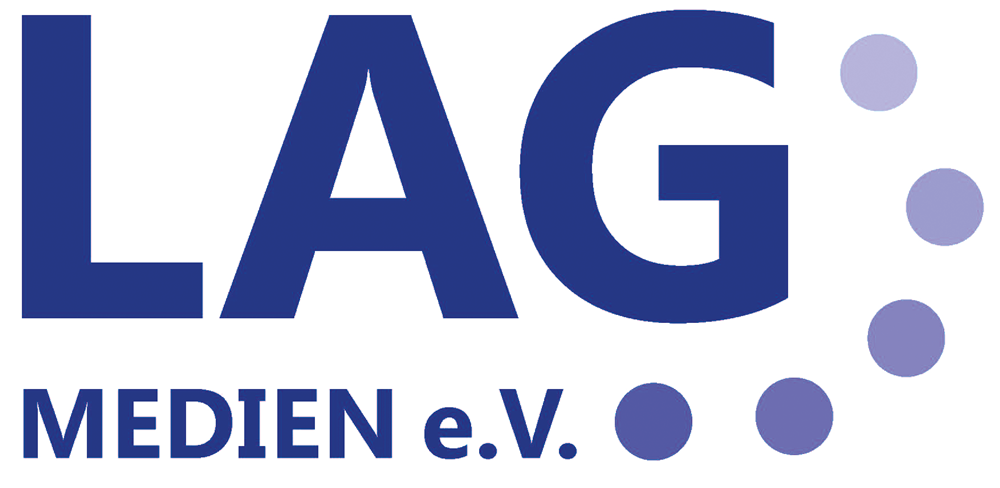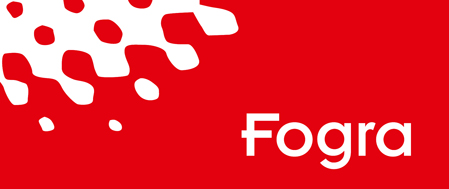P3 7-8/2022 en
Flexible Packaging Machinery
Solutions for Change
Companies & Markets
With growing consumer concern around the environmental impact of single-use plastic waste, manufacturers are increasingly looking to optimise their operations and make bold commitments to improve their environmental packaging credentials. From food and non-food to cosmetics and e-commerce, businesses are now actively developing and implementing alternative packaging concepts for their products with the support of leading packaging machinery and automation suppliers.
Timo Kollmann, Managing Director at Hugo Beck, highlights why customisation and flexibility are essential in today’s packaging machinery industry, as manufacturers seek out new, sustainable materials.
Paper X hybrid packaging machine: Film or paper - it's your choice.
Social and economic impacts
According to a report by Future Market Insights (FMI), the global paper packaging market is estimated to expand at a compound annual growth rate of 4.1%, promising to reach $463.4 billion by 2028. In recent years, the COVID-19 crisis was undoubtedly a catalyst for paper packaging growth, aided by the sudden advancement of the e-commerce industry, alongside a general rise in consumption of packaged consumer goods. This, coupled with the EU Single-Use Plastics Directive from July 2021 and the UK Plastic Packaging Tax (PPT) in April 2022, has meant brands are actively seeking new ways to improve the sustainability of their packaging operations.
In light of this, as companies begin to seek out renewable source materials, flexible machines which can process multiple material types are playing a major role in meeting these demands.
Alternative packaging concepts
Take the Hugo Beck paper X range for example, offering multiple machine versions tailored per customer requirements. Available in the basic paper X model processing paper packaging with overlap on top, as well as the paper X e-com, ideally suited to the e-commerce and mail order sectors, this model is perfect for those needing paper packaging for different product length. In addition, the paper X hybrid allows for companies to process both paper and film packaging on the one machine with a simple changeover. And for the ultimate flexibility, the paper X hybrid advance can handle goods in paper or film featuring overlap on top and side seal.
Providing versatile packaging for individual product requirements, the paper X series can process a wide range of packaging materials, including barrier paper, uncoated kraft paper, offset paper, parchment paper and other recyclable papers with PE, PLA or dispersion coatings, as well as working with all types of film such as PE, PO, PP, bioplastics and recycled content films. Whether using a chain infeed or infeed conveyor, the machines stand apart through their continuous packaging process – without stop-and-go – maximising efficiencies by ensuring there is no downtime when sealing or glueing and minimising material consumption.
Customisation and flexibility in the packaging industry are no longer bonus features, but a necessity of modern business realities. Clearly, flexible packaging machines are the way forward, capable of diversifying a company’s packaging options, whilst maintaining efficiency and reducing packaging material and energy consumption. Choosing automated equipment that can easily be modified to meet current needs and objectives ensures that manufacturers can switch freely between packaging options and sustainably meet ever-changing industry regulations and consumer trends.
As we continue to face socio-economic and environmental challenges, it is crucial that manufacturers partner with machinery providers who can truly future proof its packaging operations.









